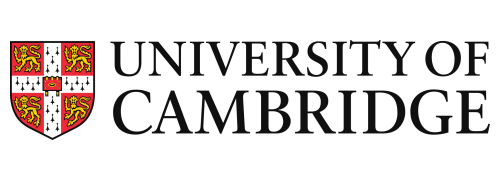
The University of Cambridge is one of the world’s oldest universities and leading academic centres, and a self-governed community of scholars. Cambridge comprises more than 18000 students from all walks of life and all corners of the world, more than 9000 staff, 31 colleges, and over 150 departments, faculties, schools, and other institutions.
Research Group Information
Two research groups from the University will be taking part in the PEMs4Nano program. One has expertise in computational modeling and the other in aerosol science. Both these groups will bring their unique skills and experience to the PEMs4Nano project.
The Computational Modelling Group (CoMo) at the Department of Chemical Engineering and Biotechnology develops and applies modern numerical methods to problems in chemical engineering. The group currently consists of more than 20 PhD students and post-doctoral researchers from various backgrounds. The group conducts research into mathematical methods such as statistical parameter estimation, optimal experimental design, and automatic model development, stochastic algorithms for population dynamics simulations, computational fluid dynamics, quantum chemistry, and molecular dynamics. These techniques are employed in a variety of applications including combustion, engine modelling, and particulate processes – most importantly organic and inorganic nanoparticle synthesis. Extensive expertise exists in creating complex kinetic reaction mechanisms, their application in advanced models of combustion devices such as internal combustion engines, and in developing and applying highly detailed models for combustion-generated nanoparticles which include particle morphology and chemical composition.
The other research group which participates in PEMs4Nano is the Aerosol Technology Group led by Dr. Adam Boies within the Department of Engineering. The research within the Boies group focuses on the evolution, dynamics and impacts of gas-phase nanoparticles. The applications of this research currently extends from engineered nanoparticles for energy applications to transportation emissions and air quality.
Website: www.cam.ac.uk
Country: United Kingdom


